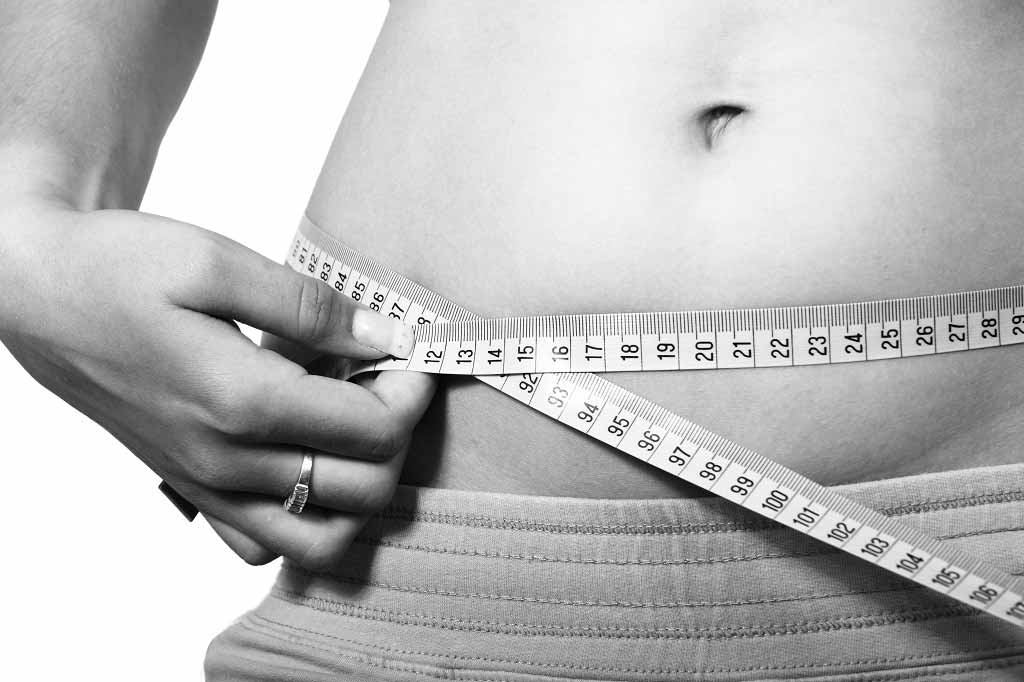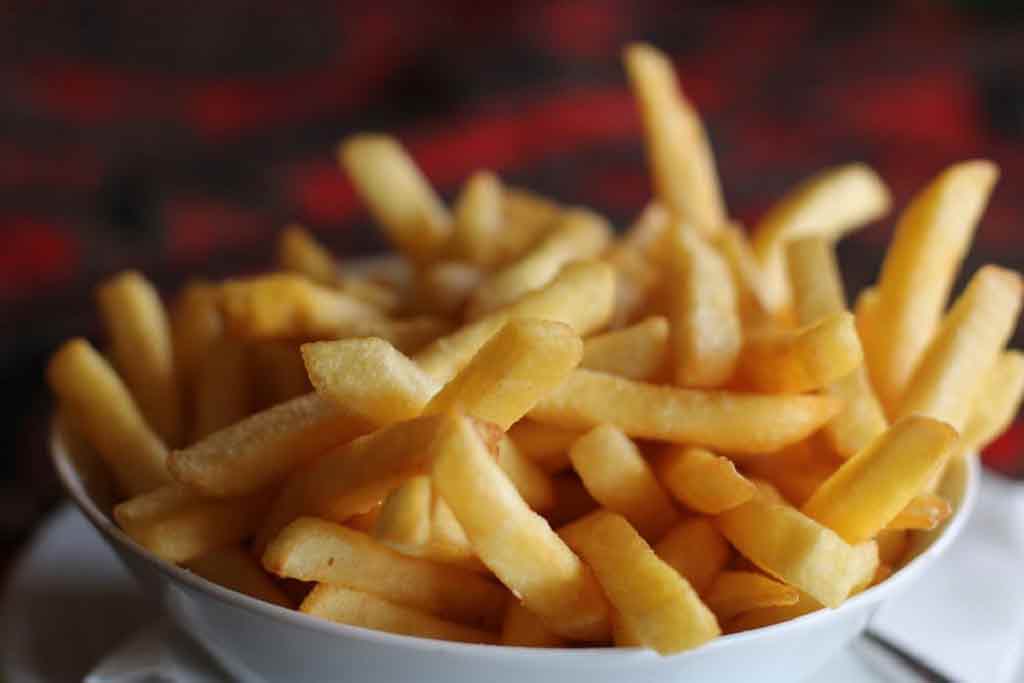House dust linked to obesity – but only in mice
Obesity
"Bad news for those who hate cleaning: dusty homes could make you obese," reports the Mail Online. Scientists in the US tested extracts of household dust on mouse "pre-fat" cells grown in a laboratory...
"Bad news for those who hate cleaning: dusty homes could make you obese," reports the Mail Online.
Scientists in the US tested extracts of household dust on mouse "pre-fat" cells grown in a laboratory. These are cells known to develop into fat cells when exposed to fat-causing chemicals.
The researchers found the cells were more likely to divide into fat cells and accumulate more fat after being exposed to most samples of dust.
They say the likely cause is commonly used chemicals, such as fire retardants, pesticides and plastics, which have been found in house dust before. They tested 40 different types of chemical on the mouse cells to see which had the most effect.
US environmental authorities estimate most children swallow or breathe in 50mg of household dust a day – well above the amounts tested. The researchers suggest that chemicals in household dust might be contributing to the increase in obesity seen in recent years.
But this study didn't look at whether those whose homes are dustier than others are exposed to more chemicals. And we don't know if the effects on the mouse cells would be seen in human cells.
Rather than suggesting we should keep our homes completely dust free, the best known way to prevent becoming overweight or obese is to eat a healthy, balanced diet and take regular exercise.
This research might also contribute to evidence on the potential harms of chemicals in consumer products.
Where did the story come from?
The study was carried out by researchers from Duke University and was funded by the National Institute of Environmental Health in the US.
It was published in the peer-reviewed journal Environmental Science and Technology.
Both the Mail Online and The Daily Telegraph advised that people should, in the Mail Online's words, "reach for their feather dusters". The Daily Telegraph tells readers to "keep their homes spotless" to avoid putting on weight.
Both media outlets assume that people could reduce dust levels in their homes to a point where they wouldn't have adverse effects – but there's nothing in the study to suggest this is possible.
The researchers say the chemicals in dust are "near ubiquitous", meaning it would be very tough to remove them all.
The media outlets also assume that the results in mice cells will translate directly into obesity in humans, which may not be the case.
What kind of research was this?
This in-vitro laboratory study (a study involving cells) used cultured mouse pre-fat (pre-adipocyte) cells programmed to develop into fat cells when exposed to certain chemicals.
This type of cellular research is done to try to pinpoint harmful substances and get an idea of their biological effects, rather than testing chemicals on animals or people directly.
But in-vitro research using animal cells doesn't always translate into the same results in humans.
What did the research involve?
Researchers collected 11 samples of household dust from different homes in the US state of North Carolina.
The dust was then concentrated and introduced to mouse pre-fat cells being grown in tissue culture plates. The researchers also used a control sample of cells without household dust.
In a separate study, they tested 40 chemical substances previously shown to be associated with changing the way fat cells grow.
They looked for two outcomes:
- whether the cells proliferated and divided into fat cells
- whether the cells accumulated more triglyceride (fat)
They compared the results from house dust-exposed cells with control cells, and chemical exposed-cells compared with control cells.
What were the basic results?
Compared with control cells:
- pre-fat cells exposed to 9 of the 11 samples increased in number and divided into fat cells
- cells exposed to 7 of the 11 samples accumulated more triglycerides
- cells exposed to 1 of the 11 samples showed no change in proliferation or triglycerides
Among the chemicals tested, 33 of the 41 compounds increased the triglyceride accumulation in the cells. The extent to which this happened varied widely.
The chemicals that had the strongest effect were:
- tert-butyl-phenyl diphenyl phosphate (TBPDP), an organophosphate fire retardant
- dibutyl phlalate (DBP), a plastics chemical
- pyraclostrobin, an anti-fungal
How did the researchers interpret the results?
The researchers said: "Only one of the 11 dust samples appeared completely inactive, suggesting that the causative chemicals are nearly ubiquitous in the indoor environment."
They said there now needs to be research "to determine whether there are impacts" of the mixture of chemicals found in household dust "on the metabolic health of residents, particularly children, and to identify the causative chemicals".
Conclusion
The main cause of obesity is an imbalance between calories taken into the body and the number of calories used up.
But other environmental causes may also play a part, and we're just starting to understand how certain chemicals affect fat storage in the body.
One area of interest is semi-volatile organic compounds, such as those tested in this study. These chemicals have been linked to hormonal changes, which may in turn affect the way the body processes glucose and stores it. This potentially could impact on the metabolism and increase weight gain.
This study suggests that chemicals already known to affect how cells store fat may be present in large enough quantities in household dust to affect our bodies.
But the study doesn't prove this is the case. It showed an effect of 11 small samples of dust on mouse fat cells cultured in a laboratory.
We don't know, for example, whether the people living in the homes where the samples were taken were overweight or not. And we can't tell at present how or if household dust – or the chemicals in it – affects human body fat or health.
Trying to remove every last mote of dust from your home is likely to be impossible, and may not have any effect on your weight – although vigorous housework may help burn off a few calories.
There's little point in obsessing about cleanliness if you're eating too much and moving to little. If you want to keep to a healthy weight, your best bet is to have a healthy diet and get plenty of exercise.






 Subscribe
Subscribe Ask the doctor
Ask the doctor Rate this article
Rate this article Find products
Find products





